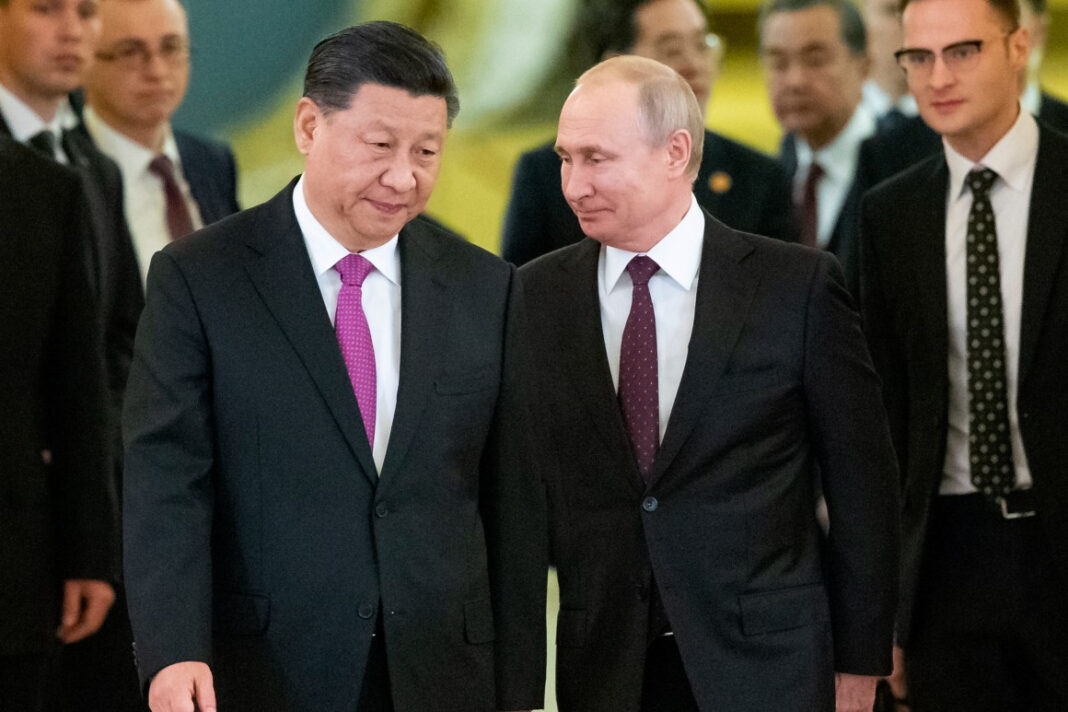According to several reports, Russia is becoming increasingly concerned about China’s continuously growing influence in Central Asia. Russia and India share good bilateral relations and have discussed the ideas of jointly producing defence weapons and conducting counter-terrorism exercises in Central Asian nations.
After implementing its Belt and Road Initiative (BRI) in 2013, China has become a much bigger economic partner for most Central Asian nations, undermining Russia’s traditional dominance.
It has broken Russia’s monopoly on energy and other products exports to Central Asia, becoming their first or second most important investing and trading partner.
Notably, China purchased 33.2 billion cubic metres (bcm) of 63.2 bcm gas production by Turkmenistan in 2019. But, Russia could not buy any due to a price dispute.
China has made a cumulative investment of $32.63 billion in Kazakhstan, $6.8 billion in Turkmenistan, $5.44 billion in Uzbekistan, $4.73 billion in Kyrgyzstan and $1.61 billion in Tajikistan (2005-18).
Previously, it has made investments in oil and gas assets, roads, railways, power plants and electrical grids. Now, it is focusing more on developing factories and industries to process local raw material, increasing local worker hiring. These investments are shifting the Central Asian economies’ Russia-centric orientation.
Russia has also become a junior partner to China in bilateral trade. Earlier in 2018, China’s trade with these nations valued around $41.7 billion, almost doubles Russia’s. It was accountable for 22% of all Central Asian exports and 37% of all their imports.
Several Central Asian nations are now severely entangled in China’s debt trap. Kyrgyzstan and Tajikistan owe China approximately 20% of their GDPs, Turkmenistan and Uzbekistan approximately 16% and Kazakhstan about owes 6.5%.
Russia is unable to meet the needs of Central Asian countries due to its sluggish economic growth (average about 0.8% between 2013-20). President Vladimir Putin has resisted the reforms that could jeopardise his regime’s foundation and capacity to manage change.





